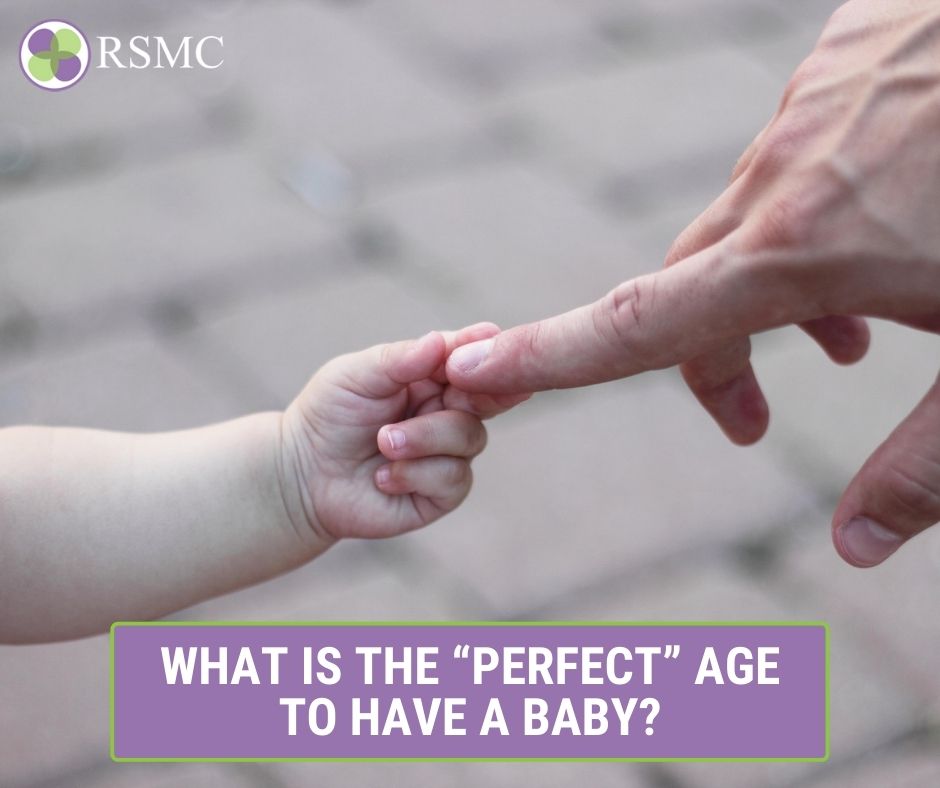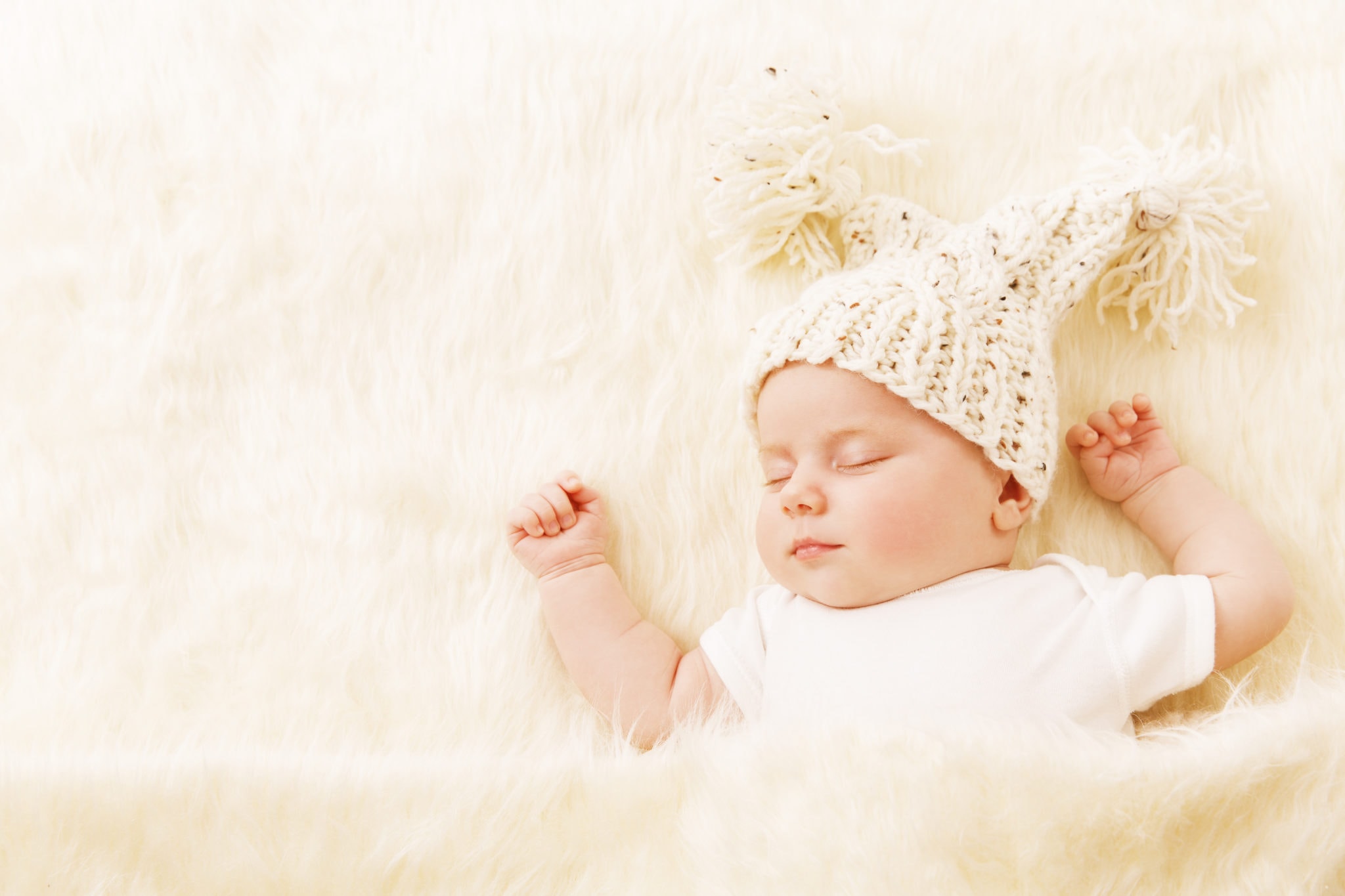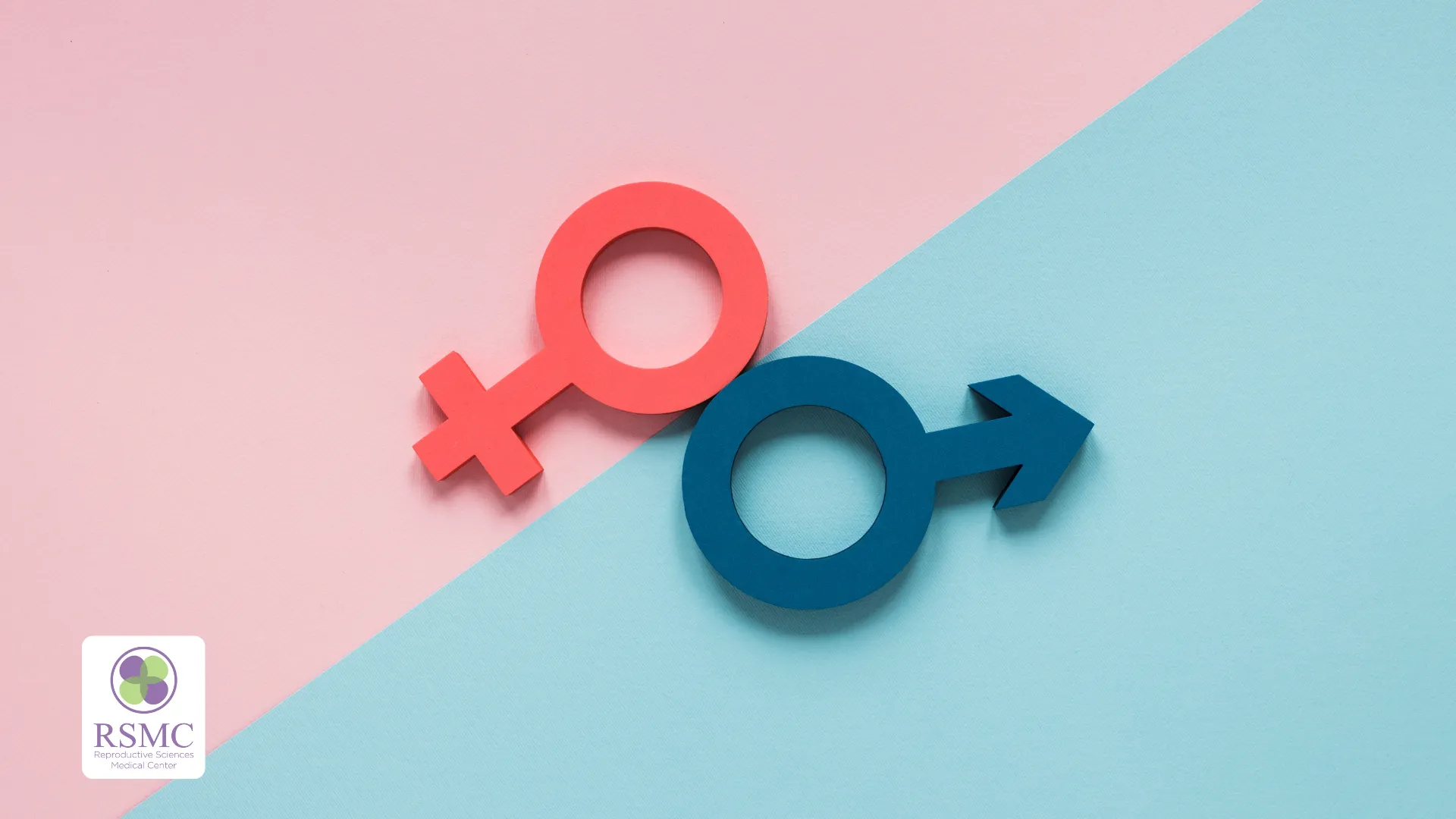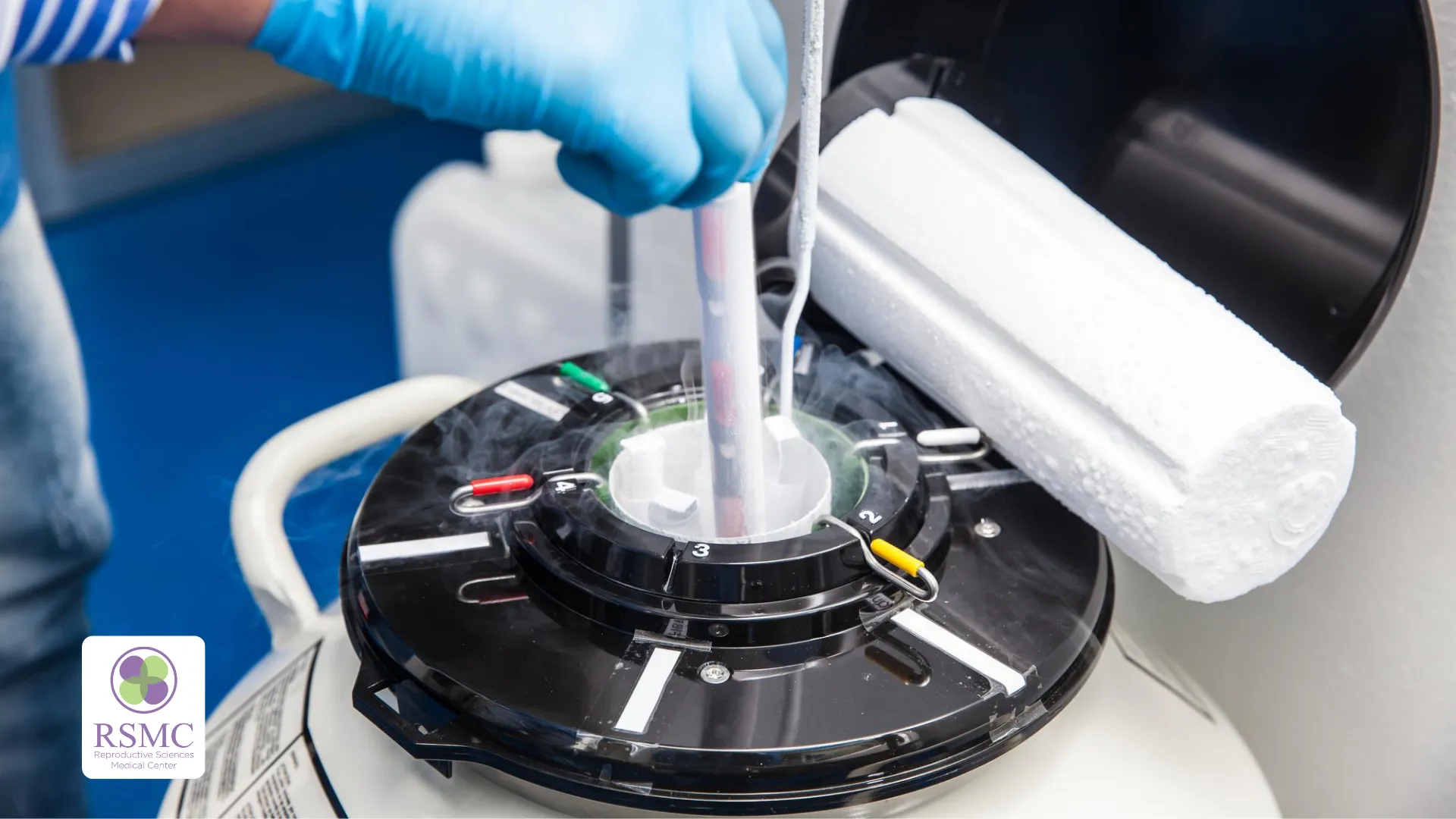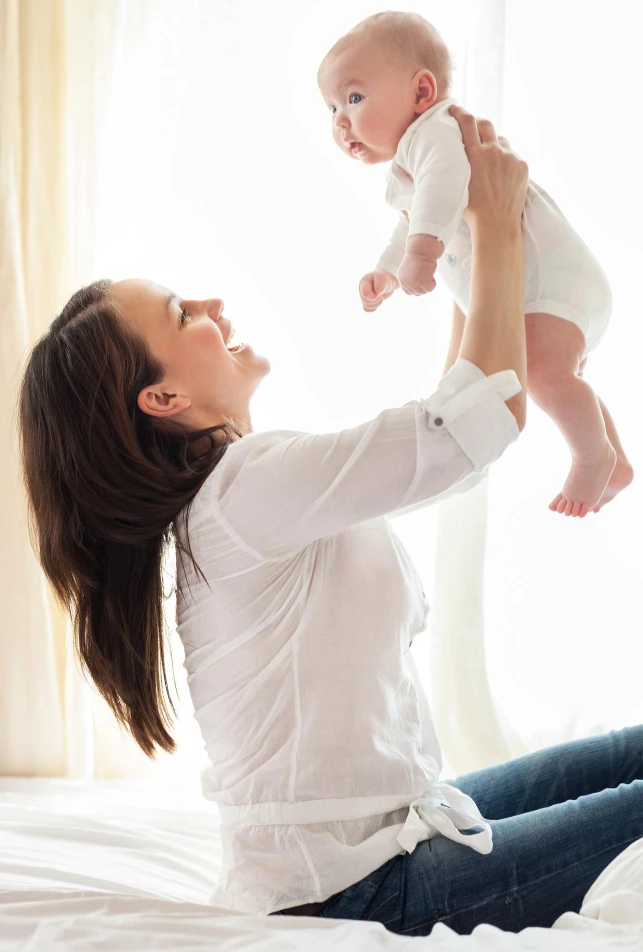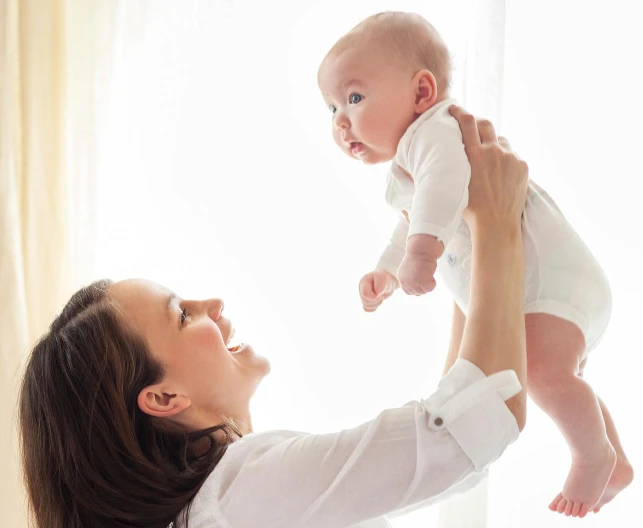Age is one of the most important factors to consider when deciding to have children. Pregnancy and age are closely associated. Hence, women who delay childbearing can find it harder to have babies when they are ready to become parents. Understanding how age impacts pregnancy is a crucial step in the journey to building your own family. As a leading fertility clinic in San Diego, we know that age plays a significant part in the ability to have a baby. However, we also know that it’s not the only factor. There might be other unexplained causes of infertility which would require individualized fertility treatments. In this article, we will look at when women around the world are becoming mothers and discuss the changes to anticipate as you grow older if you wish to have children.
A Global Comparison: The Average Age Women Are Having Their First Baby
On average, the age of first-time mothers in the United States is 26 years. However, women who reside in urban cities such as Los Angeles and New York tend to start their families at an older age. Many even delay childbearing until their early thirties. Conversely, women living in rural areas tend to begin their families younger, with a lot of them having their first child in their early twenties.
The primary factors that can impact when a woman chooses to have babies include career, education, and socioeconomic status. Women who belong to higher socioeconomic classes are more likely to attend graduate school and have a rewarding career before marriage. Moreover, women in countries where opportunities abound tend to delay parenthood for longer. This is shown in the average ages of first-time mothers in the world. In countries like Japan, Portugal, Ireland, and Switzerland, the average age is 30 years old. Whereas, South Korean women tend to wait until they reach 31. It is worth mentioning that in these countries, many women opt for fertility preservation treatments such as egg freezing and embryo freezing, to start their families at a later age.
On the other hand, women from poorer countries tend to have fewer educational and career opportunities. Hence, most of these women find fulfillment in becoming mothers during adulthood. Some of the world’s youngest mothers are from impoverished African countries. For example, in Chad, Uganda, Mozambique, and Niger, the average first-time mothers’ age is between 17-18 years.
When is the ideal time to conceive?
Actually, there is no “ideal time” that a woman should get pregnant. These are many things to consider when deciding to begin a family. Although age is a significant factor, it shouldn’t be the main factor why you would choose to have a baby. You should only try to become parents when you think you are financially, mentally, and emotionally ready to do so.
That said, women are most likely to achieve pregnancy in their twenties. They have the highest number of healthy, viable eggs and the lowest risk of pregnancy complications during these years. At age 25, your odds of getting pregnant after three months are a little below 20 percent, and this number reduces with every single year that passes.
Does pregnancy become more difficult with age? Is fertility treatment necessary for older age to be parents?
Yes. While it’s possible to wait until your thirties or forties to have children, advanced age can make it more difficult for you to conceive. All the eggs a woman will ever have are present in them at birth – usually about a million. As you grow old, fertility tends to decline due to the decrease in the quality and quantity of the remaining eggs. However, with care, it is possible to maintain healthy eggs for increased chances of pregnancy.
Delaying childbearing until later reproductive years can also raise the risk of various pregnancy complications. Some of these may even lead to infertility. Here are a few pregnancy issues you may face at an advance age:
- Preterm birth
- Low birth weight
- Miscarriage
- Cesarean section delivery
- Health conditions like high blood pressure and diabetes
- Pregnancy conditions such as pre-eclampsia and gestational diabetes
Fertility treatments may be required to overcome the underlying causes of these conditions. At our fertility clinic in San Diego, we advise having a consultation with an infertility specialist first to understand the best treatment plan. However, having said that, you can still have a successful pregnancy and give birth to a healthy baby, even if you are more than 30 or even 40 years old.
Conclusion
Regardless of age, you choose to have a baby, the decision to become a parent often comes with both joy and challenges. Our fertility clinic in San Diego is always ready if you need help navigating the journey to parenthood through infertility treatment. Our expert team is fully committed to helping women of all reproductive ages to overcome the infertility barriers stopping them from having their own babies. Schedule an appointment today to know how we can help build the family you so much desire. You can also visit our website to check our fertility services and have a chat with our team.

